- Home
- About Us
- Criminal Division
- Civil Division
- Pricing
- Appeals
- Blogs
- Reviews
- Let’s Connect
If your child is in legal trouble, you have lots of concerns, fears … questions you need answers to. We get it, and we’re here to give you answers to some of the most frequently asked questions.
Of course, if you’d rather speak to us directly to get your specific questions answered, we invite you to call us right now. (559) 825-3800 in Fresno or (424) 284-4066 in Beverly Hills.
You can also click here to use our online form to send us a message.
Simply getting answers to your questions won’t make your child’s trouble go away. But the answers can help point you in the right direction. We hope they’ll give you the resources you need to help your child.


There are quite a few differences between a juvenile lawyer and a public defender, but the primary distinction is that juvenile lawyers are retained privately while public defenders are appointed by the court if you can’t afford a private lawyer.
You get to choose who you want to represent your child when you go with a private practice juvenile lawyer. The court chooses for you if you’re using a public defender.
But that doesn’t mean public defenders aren’t qualified.
They are licensed attorneys just as private practice lawyers are. And before they can be appointed to a juvenile case, a public defender must meet specific legal requirements to prove they have the necessary knowledge to work within the juvenile justice system because juvenile court is very different from the adult court and penal system.
Specifically, the law requires them to have a minimum of 12 hours of specialized training in juvenile representation during the most recent 12-month period, or they must have dedicated at least 50% of their practice to representing juveniles during each of the most recent three years.
A good private practice juvenile lawyer often exceeds these minimum requirements. They also usually have more time and resources to devote to your case because they are in control of their own caseload.
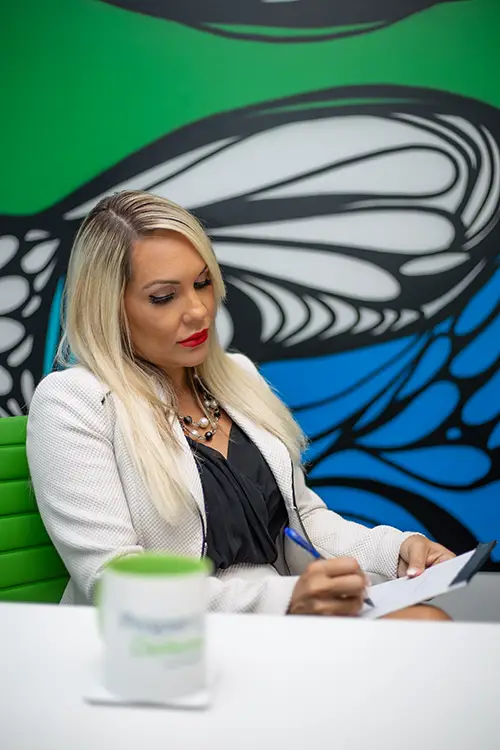

Yes! Whenever your child is involved in any kind of legal proceeding, they need a lawyer to make sure all of their legal rights are protected. It’s best to get a lawyer on your child’s side as early in the process as possible.


While public defenders are licensed attorneys who have to meet specific legal requirements to be qualified before they can be appointed to a juvenile court case, you don’t get to choose who is representing your child if you rely on a public defender.
Public defenders are appointed by the court, not chosen and retained by you.
They often juggle large caseloads, so they may not have as much time to devote to your child’s case. And they generally have limited resources available, compared to a private practice juvenile.
For a more thorough discussion of this question, please read our complete article: Should I Rely on a Public Defender for Cases Involving a Minor?
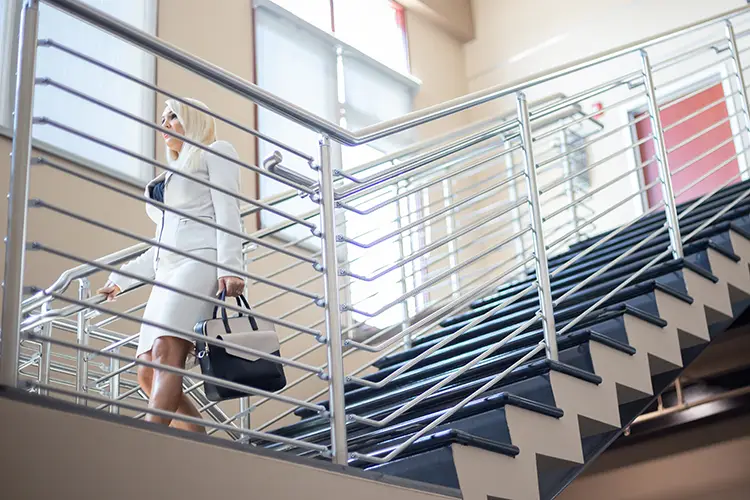

A Juvenile Defense Attorney specializes in defending children who find themselves in legal trouble. A Criminal Defense Attorney represents adults facing any number and/or type of criminal charges.
Juvenile defense attorneys know all of the intricacies of the juvenile courts, which are vastly different from adult courts. There are different rules, different procedures, and different goals when it comes to juveniles.
Juvenile defense attorneys fight just as hard for their clients as criminal defense attorneys … perhaps even more so since there’s a child’s future at stake.
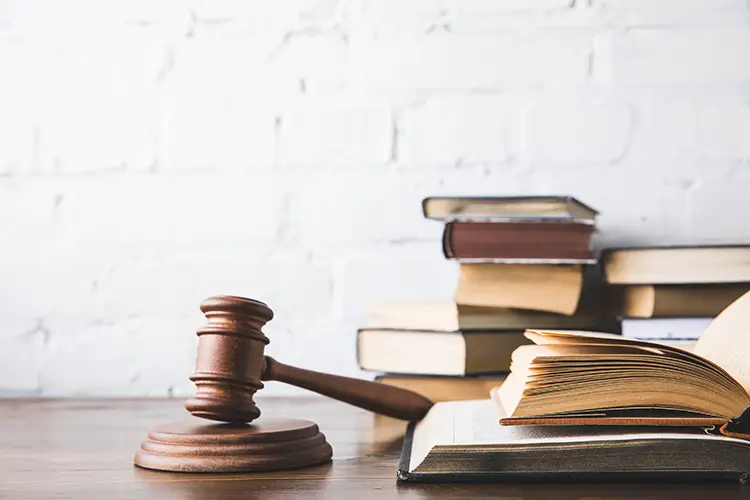

The rules are different between adult and juvenile courts. While the adult court follows rules outlined in the Penal Code, the juvenile system is directed by the Welfare and Institution Code. Juveniles have rights, but they’re different from those of an adult.
Another big difference is that juvenile’s don’t face a jury trial. They aren’t found guilty or not guilty by their peers. Instead, juvenile court consists of adjudication. The case is heard just by the judge, who then rules that the allegations against the child are either true or not true.
And lastly, the goal of adult court is to punish the offender found guilty of a crime. The goal of juvenile court is to rehabilitate children who find themselves in trouble and get them back on track to becoming law-abiding citizens.
For a more thorough discussion of this question, please read our complete article: What are the Differences Between Adult and Juvenile Courts?
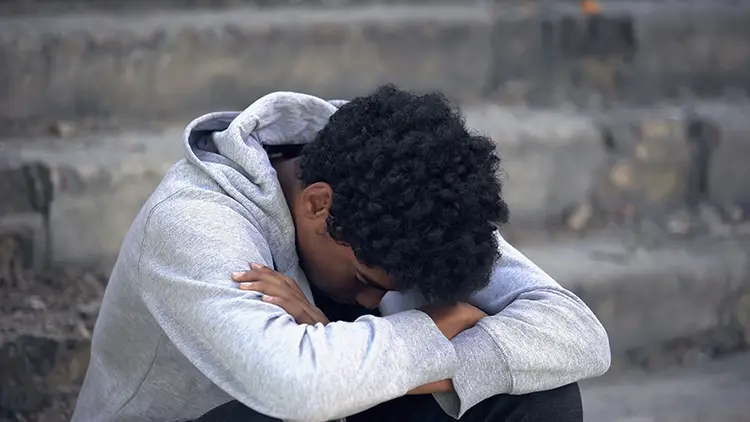

One of the basic, fundamental purposes of both adult and juvenile court is maintaining public safety. But while the adult court also exists to punish those found guilty of crimes, the purpose of juvenile court is treatment and rehabilitation of juvenile offenders.
As youth.gov puts it, “the juvenile justice system takes a significantly more restorative approach than the adult criminal justice system.”
The purpose is to help the juvenile learn from the experience so that they can make better decisions going forward and avoid contact with either the juvenile or adult courts in the future.


According to youth.gov, the juvenile justice system “seeks to avoid incarceration whenever possible.” And while there are a few non-incarceration options available for sentencing, it’s most common for a juvenile offender to receive a sentence of probation.


The major processes of the juvenile justice system are:
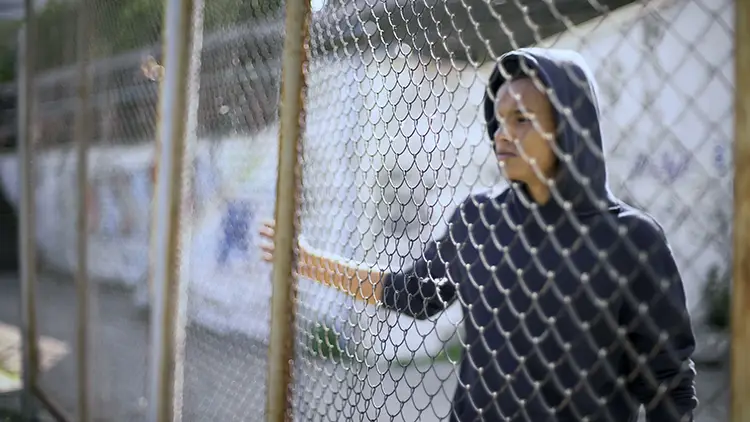

Juvenile delinquency is defined by the U.S. Department of Justice as “the violation of the law of the United States committed by a person prior to his 18th birthday which would have been a crime if committed by an adult.”
It means that a juvenile has participated in unlawful behavior or committed an unlawful act.


If your child is accused of a crime, it’s natural to want to protect them and keep them safe. Please know that you do not have to do this alone! Your child has every right to have a Juvenile Defense Attorney on their side to protect them and to fight to get them the best outcome possible.
So if your child has been accused of a crime, do not wait! Contact a Juvenile Defense Attorney right away for specific guidance as it pertains to your situation. In fact, we invite you to contact us for a consultation. We’re here for you.
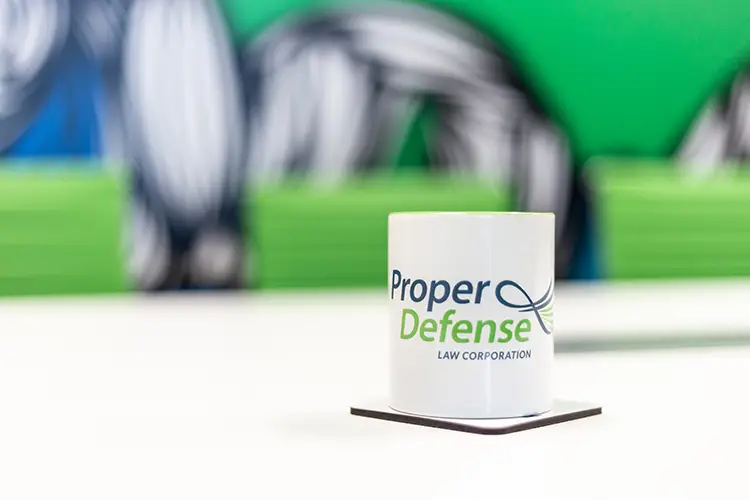

To be sure your child is protected as much as possible, it’s better to err on the side of caution and ALWAYS hire a juvenile lawyer if your child is ever accused of legal wrongdoing, detained, charged with a crime, or facing any type of legal action.
At the very least, consult with a juvenile lawyer you trust and get their professional direction on whether you need to hire them or not.
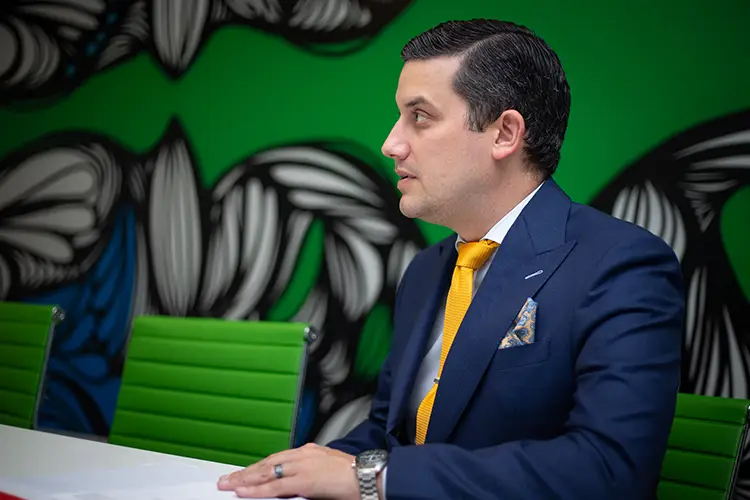

You should ask as many questions as you need to in order to feel comfortable with the Juvenile Lawyer you are considering hiring.
Here are 10 of the most important questions that you should consider asking:


When your child is in legal trouble, you don’t just want to find any Juvenile Lawyer. You want to find one you can trust to protect them. There are three basic ways to do find a Juvenile Lawyer:
If you’d feel more comfortable with a personal consultation, contact us for a consultation here.
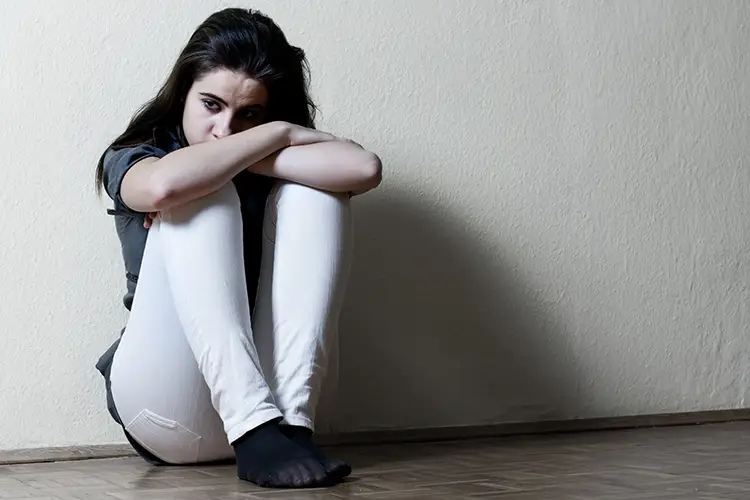

In California, anyone under the age of 18 is considered a juvenile. In some circumstances involving specific serious offenses, cases involving 16-year-olds or 17-year-olds may be transferred to adult criminal court.
Children under 12, while technically juveniles, are not under the jurisdiction of the juvenile court except in the case of murder or rape, sodomy, oral copulation, or sexual penetration by force, violence, duress, menace, or fear.
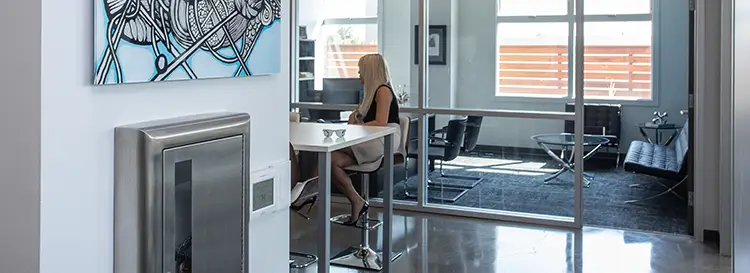

While a juvenile cannot go to adult jail they can be locked up in the juvenile “jail” or “Juvenile Hall” as their sentence at disposition or while they wait to litigate their case. The DJJ is closing in 2023, but what is happening instead are those minors are being moved to what is called Secure Track Youth Facilities (STYF) that are being set up locally. This allows counties to establish secure youth treatment facilities for wards 14 years of age or older who have been adjudicated and found to be a ward of the court based on an offense which would have resulted in a commitment to DJJ. The Division of Juvenile Justice will close on June 30, 2023.
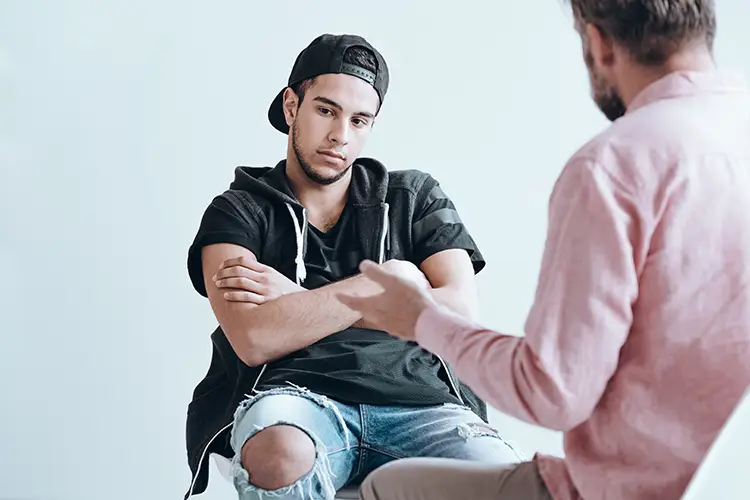

The maximum sentence for a juvenile in California can be all the way up to life in prison IF they are tried as an adult and found guilty of a serious crime that carries that penalty.
The most common sentence for juveniles, however, is probation.


The three categories of juvenile cases, as defined in the Welfare & Institutions Code (WIC) of California, are:


Many juvenile lawyers, like most lawyers in general, bill by the hour and charge you with an hourly rate. Others, Proper Defense included, offer creative billing options that go beyond the standard “billable hour” method.
At Proper Defense, our pricing is designed to reduce the uncertainty around legal fees and costs to defend your child … and hopefully also reduce the anxiety and stress that often comes with that uncertainty.
Depending on the case, we may be able to offer a flat fee, reduced hourly rates, or a variety of other fee arrangements. Click here to learn more about Proper Defense pricing or call today for a consultation. (559) 825-3800 in Fresno or (310) 861-9520 in Beverly Hills
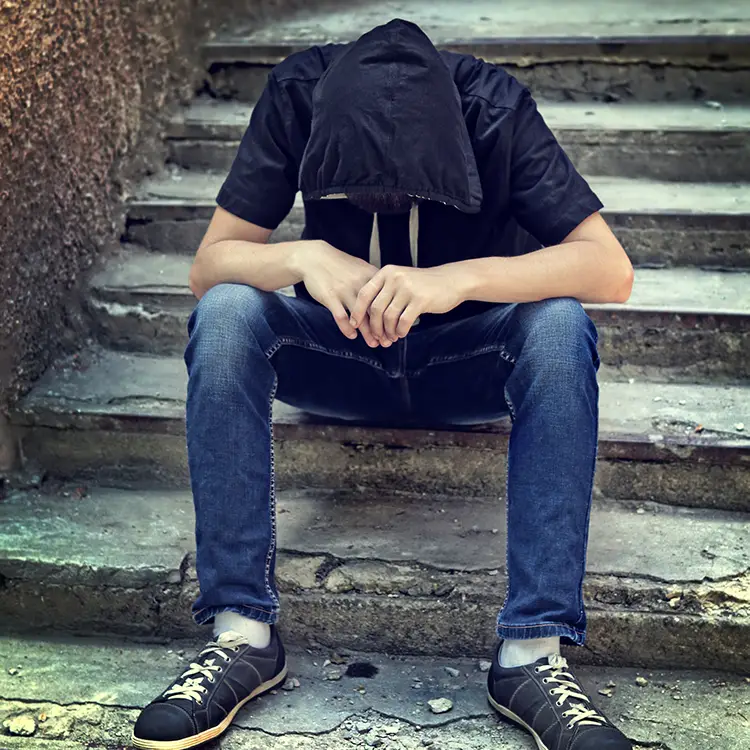

Yes, if they’ve been involved in a fight, injured another person, or threatened to injure someone, a child can be charged with simple assault. The assault charges can be elevated based on the severity of any injuries as well as if weapons were involved.


Yes, a child can be charged with possession of drugs in California. They can be charged with drug possession if they have the illegal drug on their person (in a pocket or backpack, for example) or if they have what’s known as “constructive possession” of an illegal drug.
“Constructive possession” is when the illegal drugs aren’t on the child’s person but are still within their control (like hidden in a bedroom closet or elsewhere).
Marijuana and cannabis, while legal in California to be possessed by people over 21, are still illegal for juveniles. Prescription drugs also are illegal without a valid prescription.
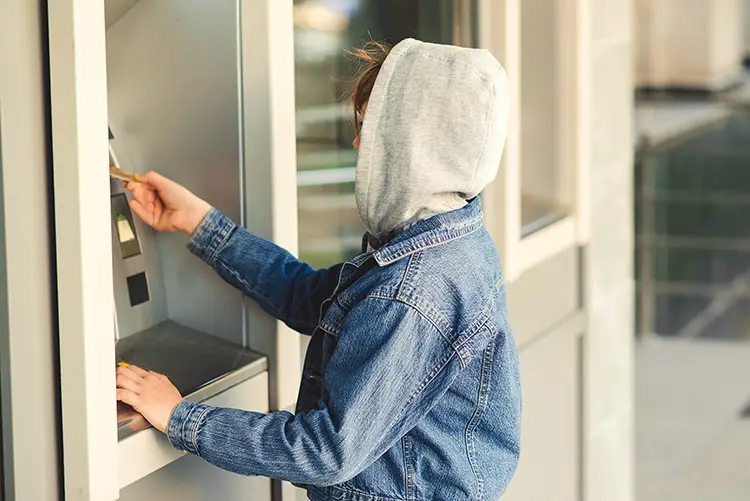

Yes, a child can be charged with theft. And the consequences — if the charges are found to be true — depend on the type of theft or value of the stolen property.
For example, some juvenile theft charges, like shoplifting, may be considered to fall under the misdemeanor category and the child may receive a lighter sentence of informal probation.
But if the alleged theft was of property with a higher value or if it included violence, the charges are more serious. And the consequences may be, too.
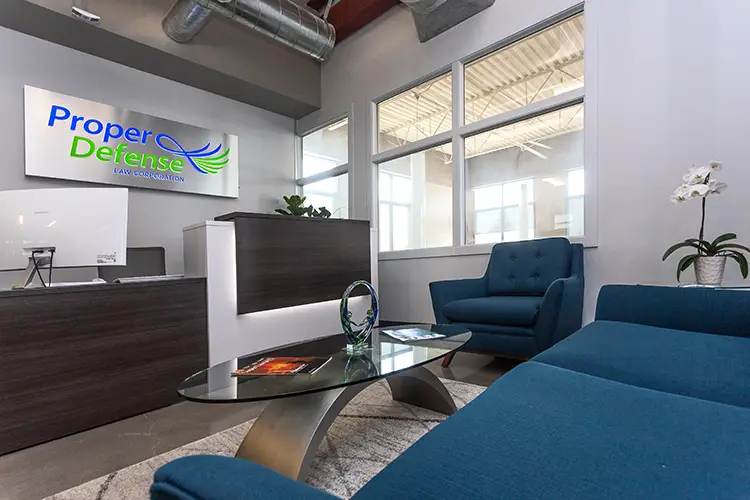

Yes, a minor can be charged with rape or other sex crimes. And because California law deems minors to be legally incapable of consent, even consensual sex between minors can be considered rape. These charges aren’t often pursued, but they can happen.
While it’s illegal in California to have sexual intercourse with a minor — even if both parties are minors — the charge will be considered a misdemeanor if there is no more than 3 years difference in age between the parties.
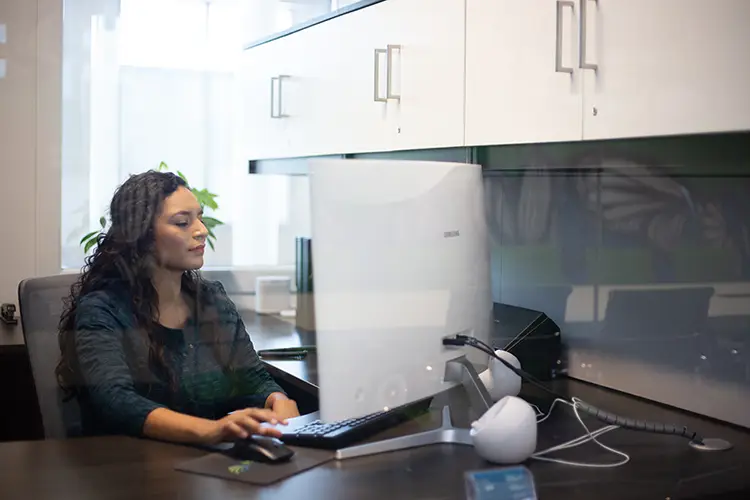

California law allows 16- and 17-year-olds to be tried as adults, but only under certain specific circumstances.
For example, a prosecutor may ask a judge to allow a juvenile to be tried as an adult if the following is true:
The charges have to be extremely serious with compelling evidence to back them up, or the child has to have gotten into a lot of legal trouble in the past before a judge will grant the prosecutor’s petition.


The law is very specific about the crimes that juveniles can get tried as adults for in California. They include:
Every case is unique, though. And even if your child has been accused of a crime on this list, a judge may decide to keep the case in juvenile court instead of trying them as an adult.
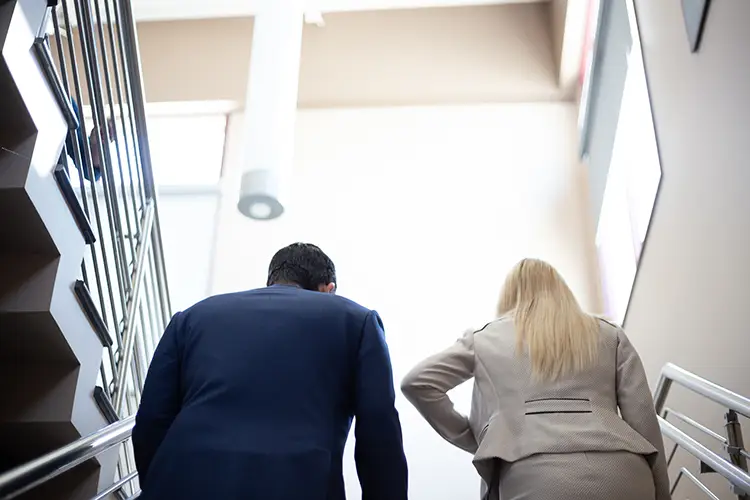

The most lenient sentence that a juvenile receives by California’s juvenile court is informal probation. Under this sentence, the juvenile remains at home and must follow specific conditions of the probation.
Some of these conditions can include good school attendance, maintaining good grades, adhering to a curfew, attending counseling, etc.
The goal with a juvenile sentence is rehabilitation so that the child stays out of trouble in the future and becomes a law-abiding citizen. As such, the juvenile court wants any sentence to be constructive even if it’s not necessarily punitive.
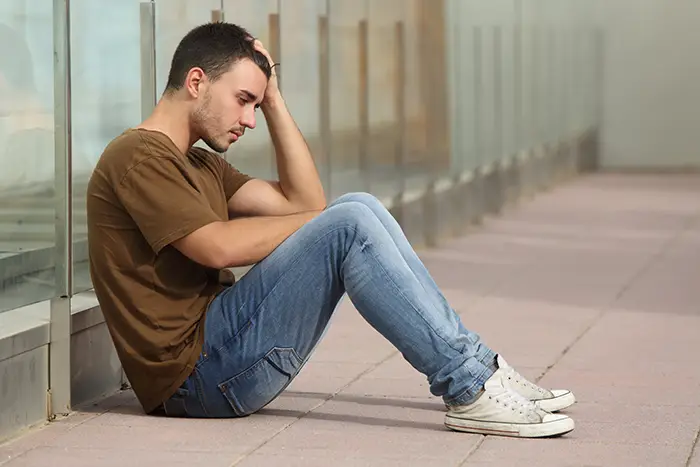

The juvenile justice system is currently in the midst of major transformation. Some of the new laws that have been passed to aid this process are the following:
For more on this topic, click here to read our full article covering What are the New Laws Concerning Juveniles in California?
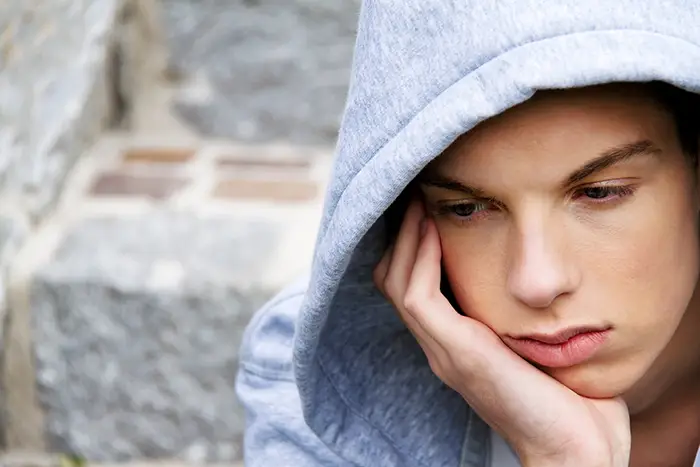

Probation is the most common corrective measure prescribed by courts in juvenile cases. So, while every case is different and must be considered on its own merits, the likelihood of your child getting probation is high.
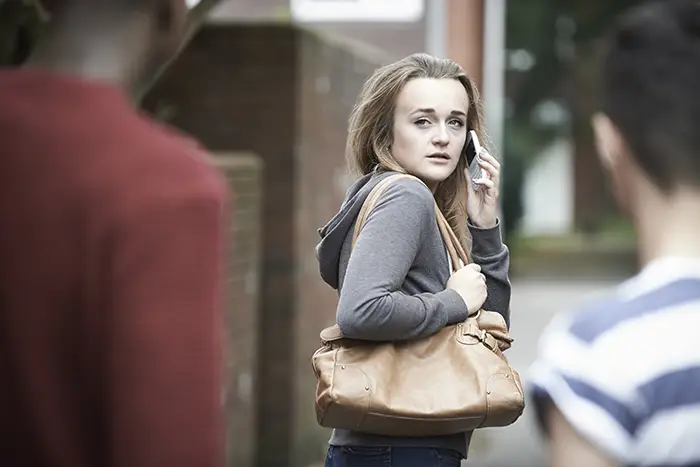

Getting juvenile records permanently sealed is a legal process. While some records are sealed automatically when the child becomes an adult at 18, some aren’t. For those, you need to formally petition the court to get them sealed.
Once the court seals a juvenile record, it’s as if the case no longer exists, and your adult child can legally and truthfully say they do not have a criminal record. Although there may be some exceptions for federal security clearance or military enlistment.
For more on this topic, click here to read Will my Juvenile’s Record get Expunged After Becoming an Adult?


Some juvenile records are sealed in California when the child successfully completes the terms of probation. Others require a formal petition to be sealed. It depends on the charges.
Do not count on the records being sealed. Instead, be proactive and check that they have been. And if they haven’t, take the legal action necessary and available to you to give your adult child a clean slate.


Juvenile probation is the court ordered corrective measure most commonly given to juvenile offenders. It’s a non-incarceration option that allows the juvenile to still attend school as well as work as long as they follow certain rules and restrictions.
There are different degrees or types of juvenile probation, depending on the circumstances of the case.
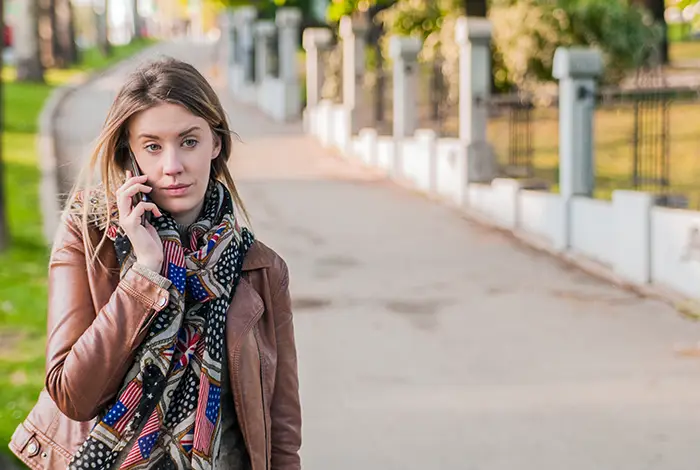

Parole, in the adult justice system, is when an incarcerated person gets early release as long as they abide by certain rules and restrictions, known as their parole conditions.
Juveniles who are incarcerated also can be released early under certain situations.
Juveniles released from incarceration must complete a supervised program of “aftercare” to help them return to the community as easily as possible.
If your child is in legal trouble and you need a Juvenile Defense Attorney to help you protect their future, contact Proper Defense today. We offer consultations in person, by phone or video chat.